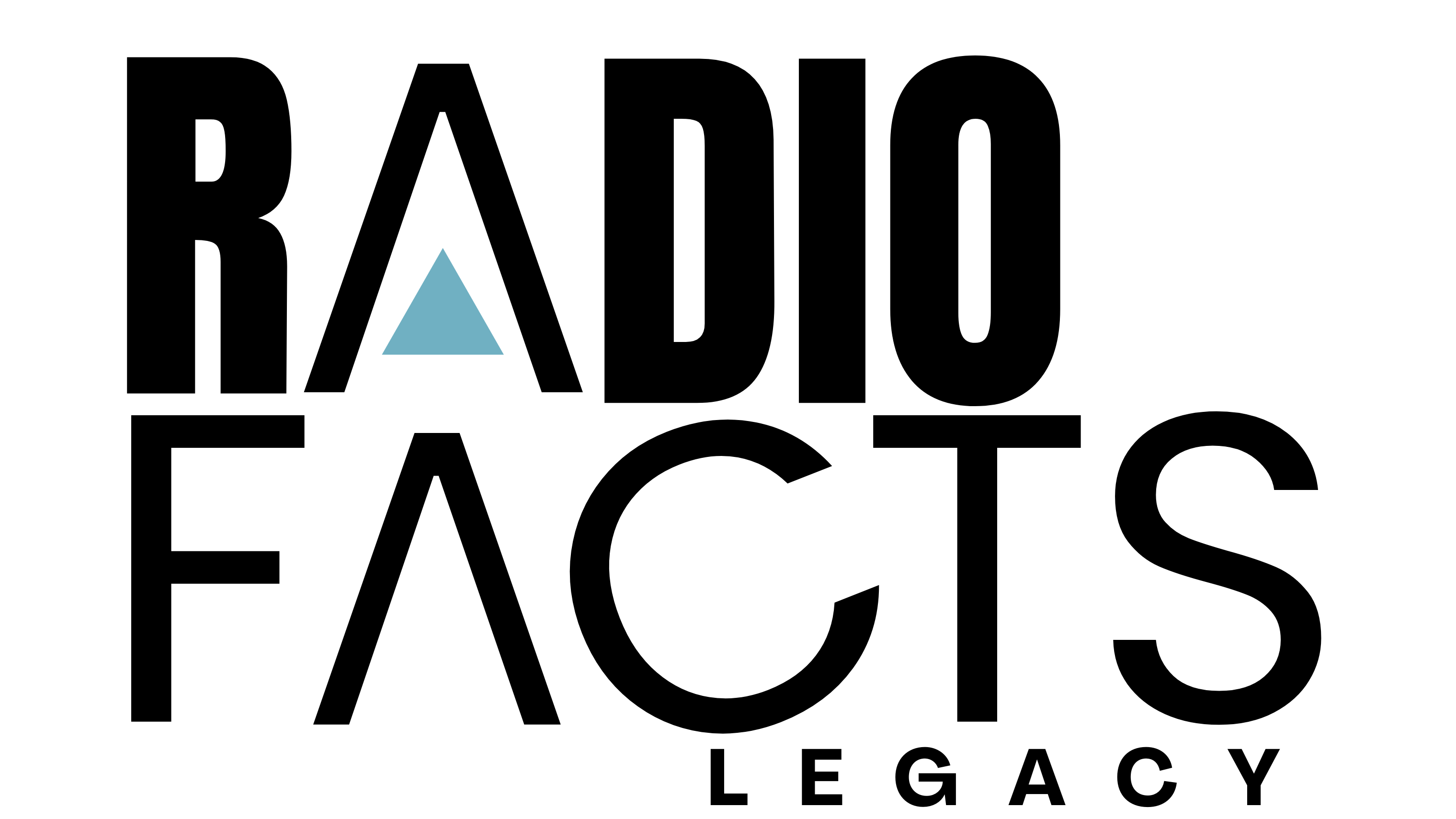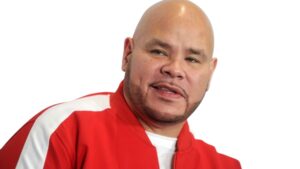The world of music licensing has seen significant developments in the past couple of years. The industry’s long-standing debate – whether radio should pay more than usage fees to BMI, ASCAP, and SESAC – has taken new turns. As online music services started to super-serve music lovers and pay hefty fees for music use, radio found itself in a complex situation. The music industry claims that radio, which makes billions from playing recorded music, isn’t providing musicians and performers with their fair share. This post, penned by guest blogger Mitch Faulkner, delves into these issues, offering insights from both sides of the argument.
Music Licensing: A Hot Topic

The debate around music licensing has been a contentious issue for years. The crux of the argument revolves around whether radio should pay more than the licensing fees to organizations such as BMI, ASCAP, and SESAC.
The Stance of the Music Industry
Music industry insiders argue that radio stations make billions of dollars playing recorded music, but the musicians and performers are not getting their fair share. They believe that radio should pay more, especially in light of the fees being paid by online music services like Pandora and Spotify.
The Radio Industry’s Perspective
On the other hand, radio industry professionals argue that they have been paying these licensing fees for years and that they provide free promotion for the artists and labels. They worry that increased costs could lead to budget cuts and potential layoffs.
The Future of Music Licensing
As the debate continues, all eyes are on industry veterans like Charles Warfield who will be central to the negotiations. The outcome of these discussions could have far-reaching implications for the future of the music and radio industry.
Stay tuned for more updates on this evolving issue. In the meantime, it’s crucial for everyone involved in the industry to stay informed and prepared for potential changes.
#MusicLicensing #RadioIndustry #MusicIndustry #ASCAP #BMI



















